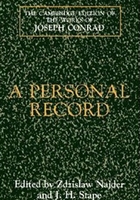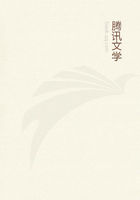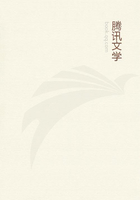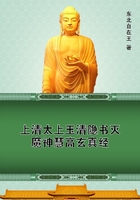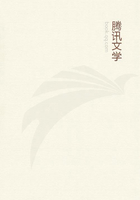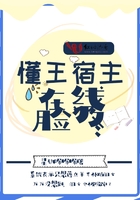But suppose, after all, there should be some degree of inequality. Inequality is certainly never to be embraced for its own sake; but is every good thing to be discarded which may be inseparably connected with some degree of it? If so, we must discard all government. This Capitol is built at the public expense, for the public benefit; but does any one doubt that it is of some peculiar local advantage to the property-holders and business people of Washington? Shall we remove it for this reason? And if so, where shall we set it down, and be free from the difficulty? To make sure of our object, shall we locate it nowhere, and have Congress hereafter to hold its sessions, as the loafer lodged, "in spots about"? I make no allusion to the present President when I say there are few stronger cases in this world of "burden to the many and benefit to the few," of "inequality," than the Presidency itself is by some thought to be. An honest laborer digs coal at about seventy cents a day, while the President digs abstractions at about seventy dollars a day. The coal is clearly worth more than the abstractions, and yet what a monstrous inequality in the prices! Does the President, for this reason, propose to abolish the Presidency?
He does not, and he ought not. The true rule, in determining to embrace or reject anything, is not whether it have any evil in it, but whether it have more of evil than of good. There are few things wholly evil or wholly good. Almost everything, especially of government policy, is an inseparable compound of the two; so that our best judgment of the preponderance between them is continually demanded. On this principle the President, his friends, and the world generally act on most subjects. Why not apply it, then, upon this question? Why, as to improvements, magnify the evil, and stoutly refuse to see any good in them?
Mr. Chairman, on the third position of the message the constitutional question--I have not much to say. Being the man I am, and speaking, where I do, I feel that in any attempt at an original constitutional argument I should not be and ought not to be listened to patiently. The ablest and the best of men have gone over the whole ground long ago. I shall attempt but little more than a brief notice of what some of them have said. In relation to Mr. Jefferson's views, I read from Mr. Polk's veto message:
"President Jefferson, in his message to Congress in 1806, recommended an amendment of the Constitution, with a view to apply an anticipated surplus in the treasury 'to the great purposes of the public education, roads, rivers, canals, and such other objects of public improvement as it may be thought proper to add to the constitutional enumeration of the federal powers'; and he adds: 'I suppose an amendment to the Constitution, by consent of the States, necessary, because the objects now recommended are not among those enumerated in the Constitution, and to which it permits the public moneys to be applied.' In 1825, he repeated in his published letters the opinion that no such power has been conferred upon Congress."
I introduce this not to controvert just now the constitutional opinion, but to show that, on the question of expediency, Mr.
Jefferson's opinion was against the present President; that this opinion of Mr. Jefferson, in one branch at least, is in the hands of Mr. Polk like McFingal's gun--"bears wide and kicks the owner over."
But to the constitutional question. In 1826 Chancellor Kent first published his Commentaries on American law. He devoted a portion of one of the lectures to the question of the authority of Congress to appropriate public moneys for internal improvements. He mentions that the subject had never been brought under judicial consideration, and proceeds to give a brief summary of the discussion it had undergone between the legislative and executive branches of the government. He shows that the legislative branch had usually been for, and the executive against, the power, till the period of Mr. J.Q. Adams's administration, at which point he considers the executive influence as withdrawn from opposition, and added to the support of the power. In 1844 the chancellor published a new edition of his Commentaries, in which he adds some notes of what had transpired on the question since 1826. I have not time to read the original text on the notes; but the whole may be found on page 267, and the two or three following pages, of the first volume of the edition of 1844. As to what Chancellor Kent seems to consider the sum of the whole, I read from one of the notes:
"Mr. Justice Story, in his Commentaries on the Constitution of the United States, Vol. II., pp. 429-440, and again pp. 519-538, has stated at large the arguments for and against the proposition that Congress have a constitutional authority to lay taxes and to apply the power to regulate commerce as a means directly to encourage and protect domestic manufactures; and without giving any opinion of his own on the contested doctrine, he has left the reader to draw his own conclusions. I should think, however, from the arguments as stated, that every mind which has taken no part in the discussion, and felt no prejudice or territorial bias on either side of the question, would deem the arguments in favor of the Congressional power vastly superior."
It will be seen that in this extract the power to make improvements is not directly mentioned; but by examining the context, both of Kent and Story, it will be seen that the power mentioned in the extract and the power to make improvements are regarded as identical. It is not to be denied that many great and good men have been against the power; but it is insisted that quite as many, as great and as good, have been for it; and it is shown that, on a full survey of the whole, Chancellor Kent was of opinion that the arguments of the latter were vastly superior.

